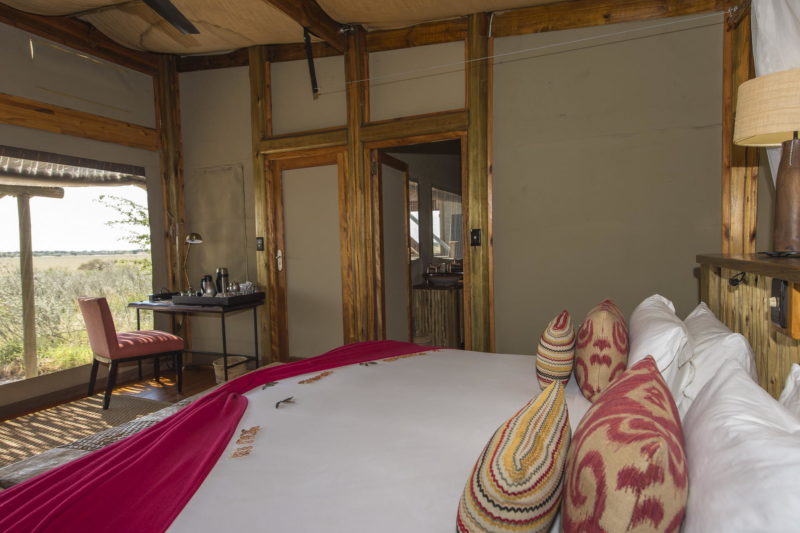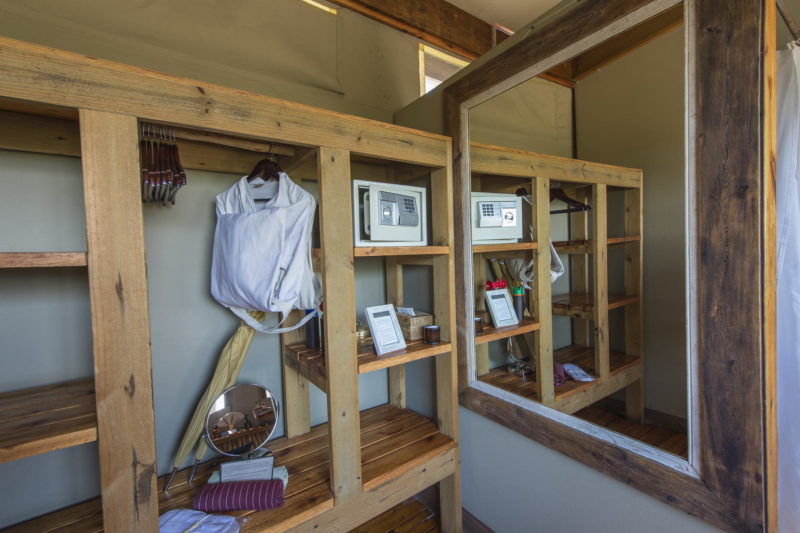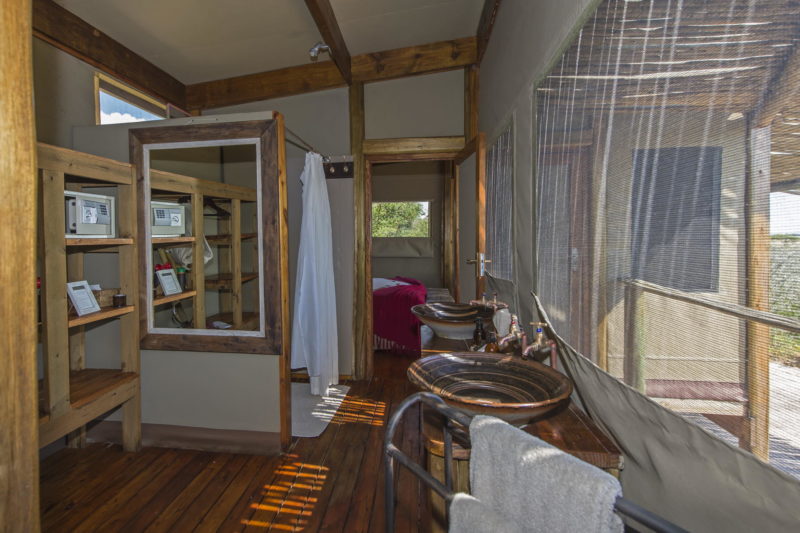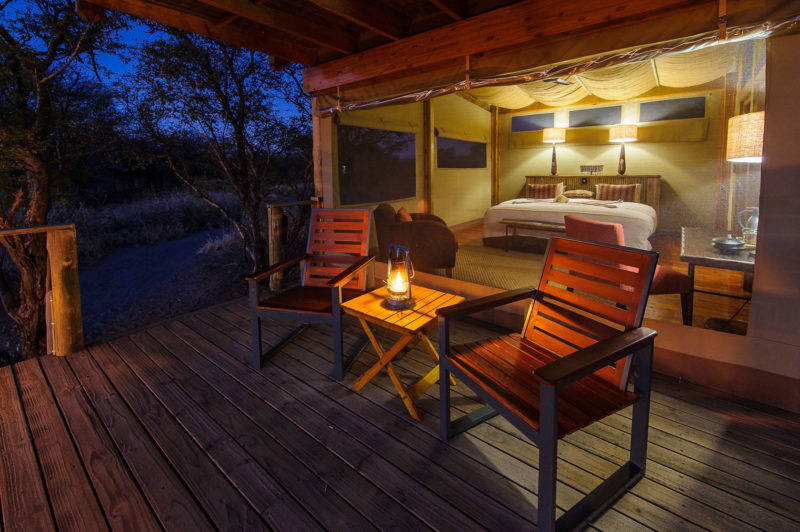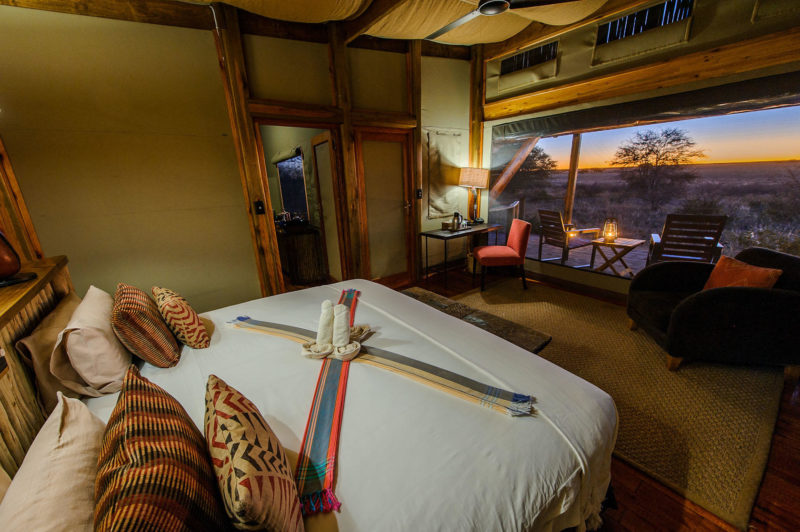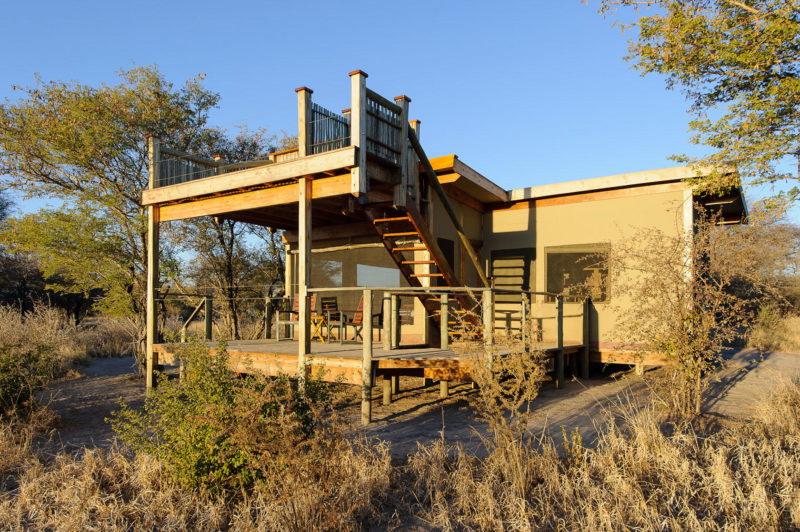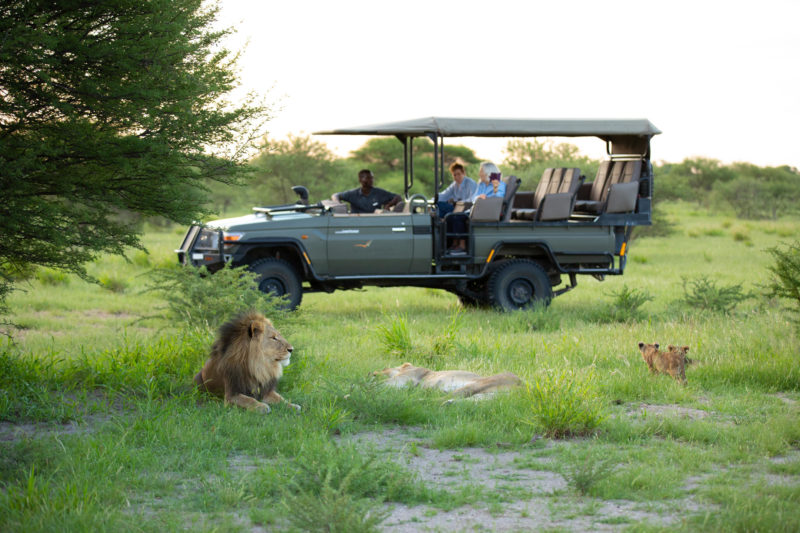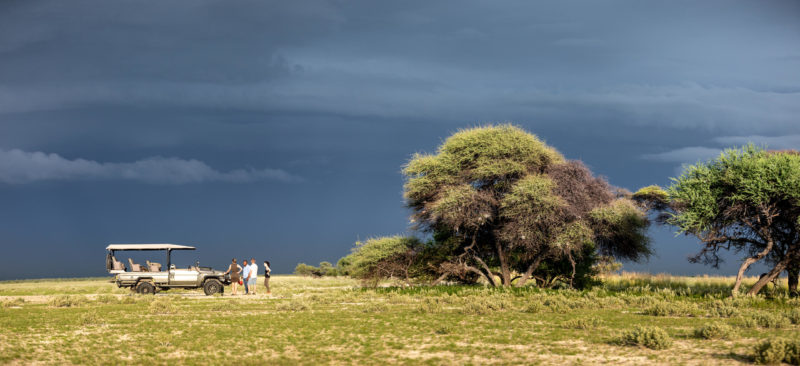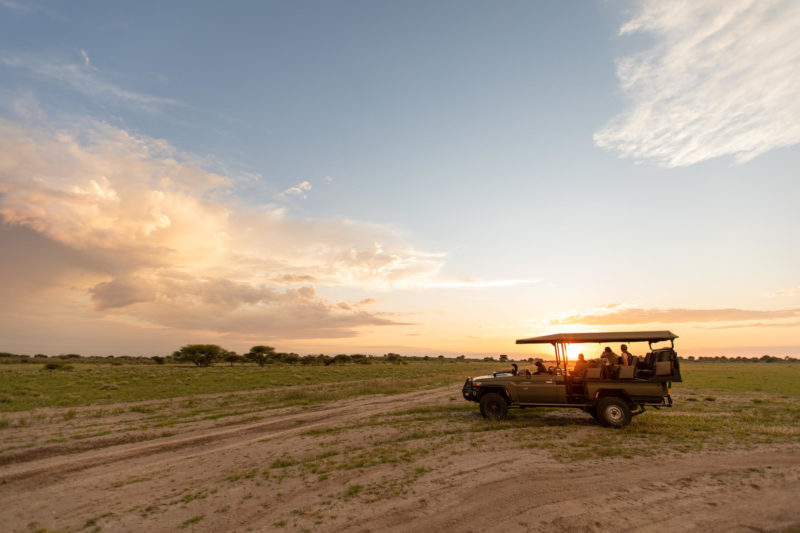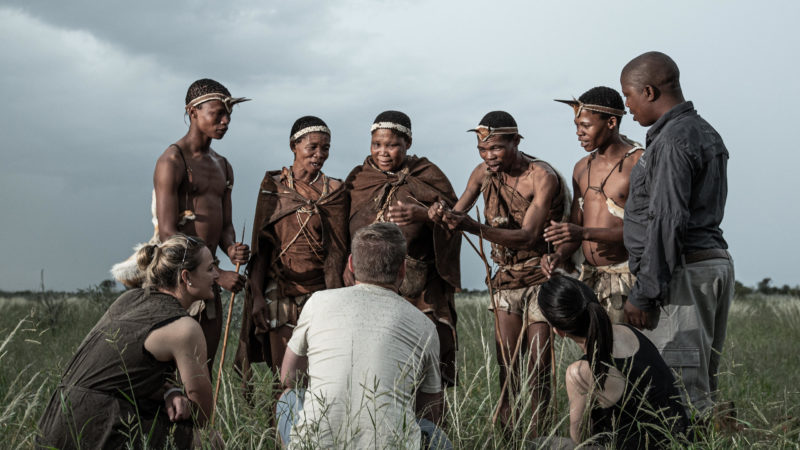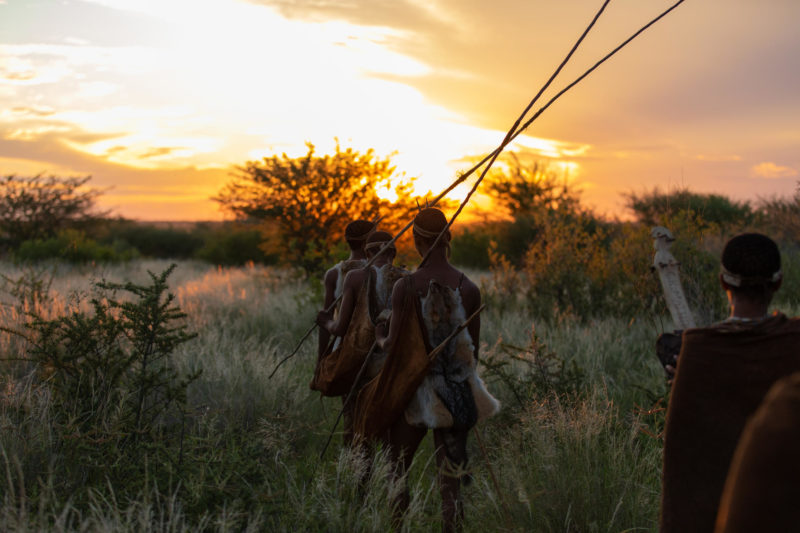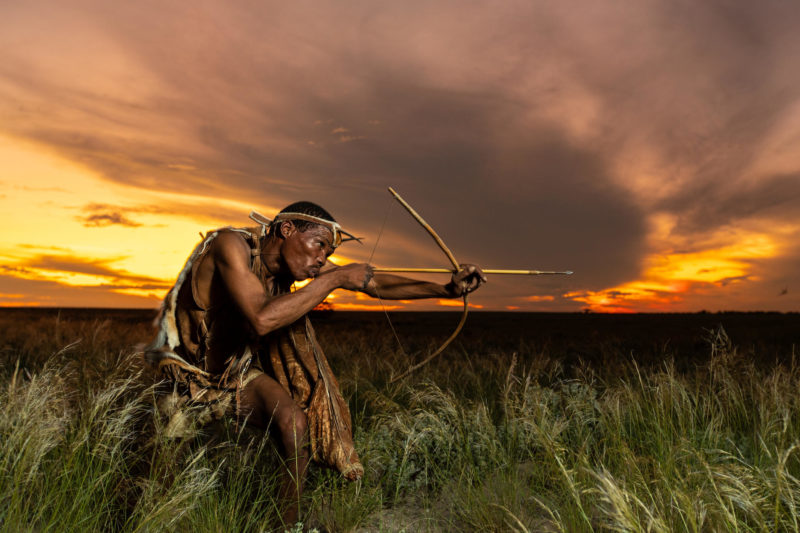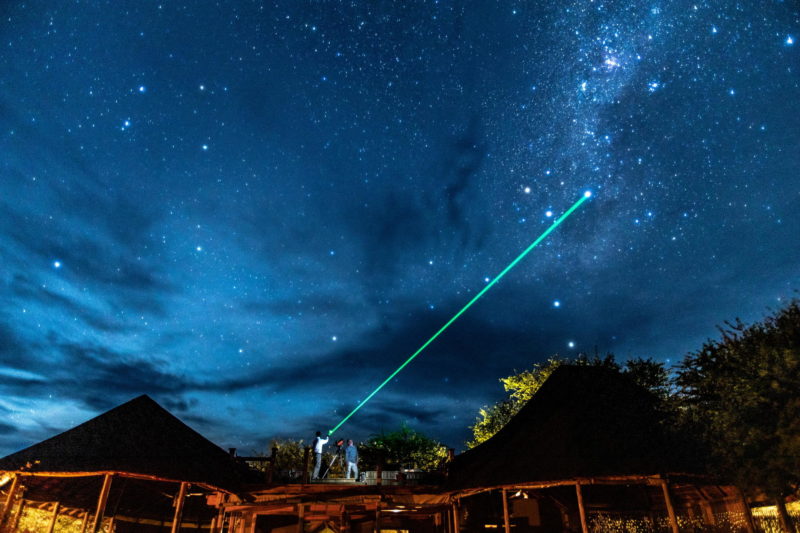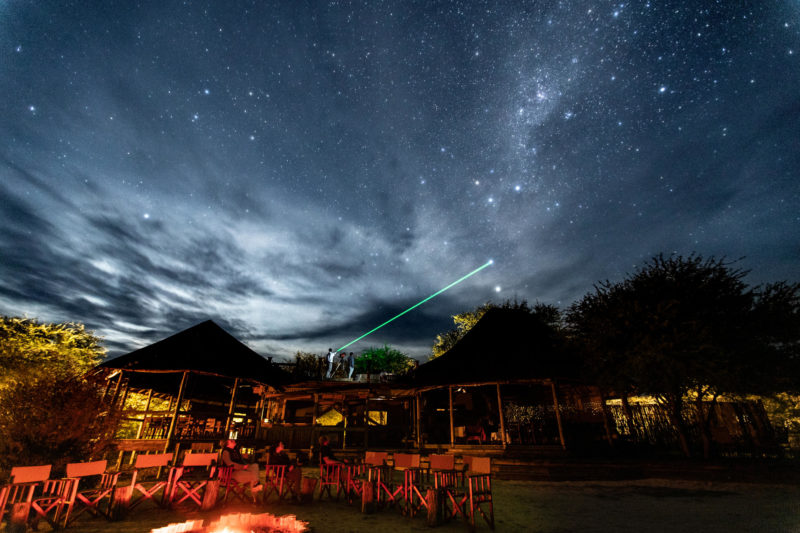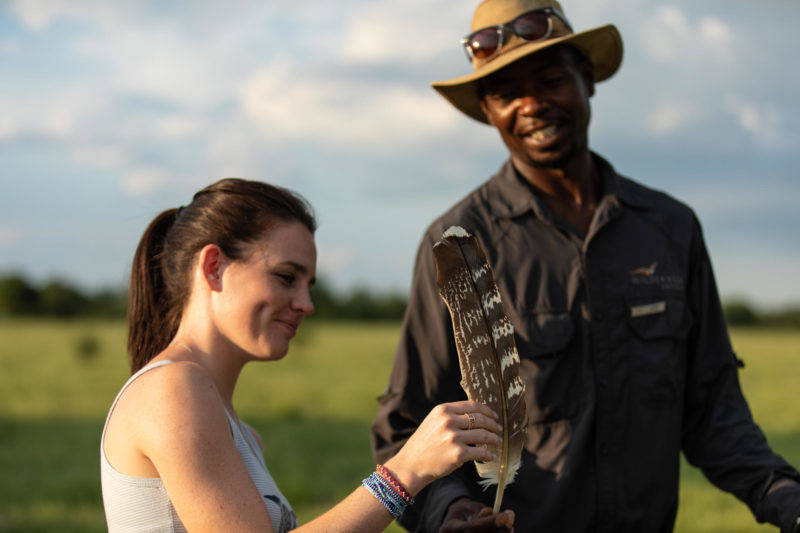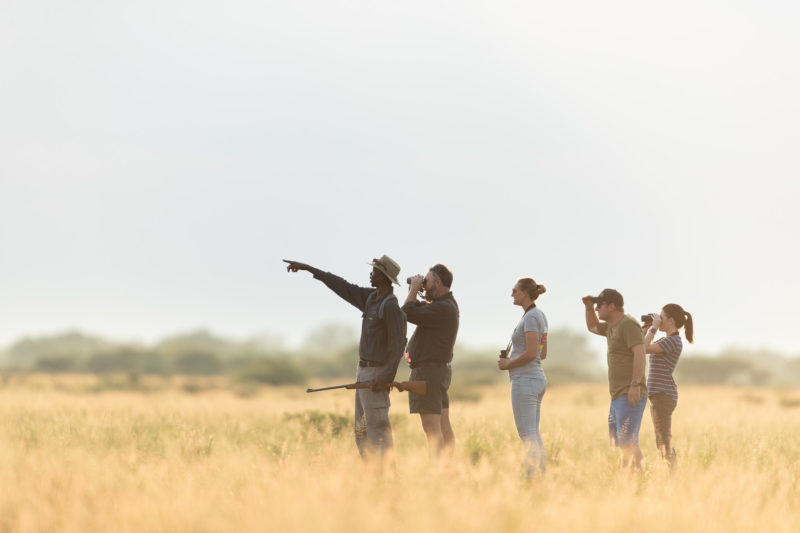Children in the Wilderness (CITW) is a non‐profit organisation supported by ecotourism company Wilderness Safaris that aims to facilitate sustainable conservation through leadership development and education of rural children in Africa. One of the Trust’s cornerstone ideals is that of educating the children of Africa, and inspiring them with a love of and commitment to their natural heritage. This applies in particular to those living on the boundaries of many of Wilderness Safaris’ properties and camps. Children in the Wilderness (CITW) is a programme that fulfils this ideal and has proven extremely successful since its inception in 2001.
How it operates
The Children in the Wilderness programme covers a range of educational and support initiatives:
Eco-Mentor Training: In most regions, our Eco-Mentors volunteer their time in order to work with the children. They interact with the children as counsellors, friends and, most importantly, role models. Our Eco-Mentor Training aims to develop local community members, including local teachers, local community members and Wilderness Safaris camp staff by upgrading their skills in environmental understanding and enabling them to better implement school and village environmental projects and initiatives.
Eco-Clubs: Throughout the year, we support Eco-Clubs in rural schools in the communities with which we work. These Eco-Clubs follow a structured curriculum, providing all learners interested in the environment a chance to meet, learn, discuss and expand their knowledge of environmental issues. Children participating in the annual camps are selected from Eco-Clubs. Environmental projects and tasks are earmarked and organised in cooperation with the community members and teachers. The children are encouraged to participate in the planning process and come up with their own ideas in order for them to take ownership of their Eco-Clubs and the projects. The Eco-Clubs are increasingly providing positive community development while reaching a wider community. Projects to date have included tree nurseries and reforestation projects, collage competitions raising environmental awareness, and building “earthbenches” in school grounds.
Camps: A Wilderness Safaris or partner camp is closed for a few days each year, and up to 24 children between the ages of 10 and 17 are hosted in the camp for a three-night, four-day educational and fun-filled programme, including lessons, games, practical sessions and wildlife activities.
Youth Environmental Stewardship (YES) Programme: The YES Programme focuses on children with commitment and potential who have been identified on annual camps and in Eco-Clubs as showing an interest in conservation. YES campers are selected through a rigorous and transparent process based on criteria such as leadership potential, interest in the environment and academic performance. YES camps are usually smaller, with fewer children attending, allowing for focused work groups and increased participation of all children. The programme curriculum is an extension of concepts introduced in Eco-Clubs and at camp, with a greater focus on career guidance, communication, leadership, teamwork and further environmental education. It also aims to inspire the participants to come up with sustainable conservation methods so as to sustain their own lives as well as those of future generations.
Scholarship Programme: In many of the areas where we operate primary education is free or has a minimal charge, while secondary schooling usually has a larger fee attached to it. For this reason, a large majority of children will only ever complete their primary schooling, while some may not even have the opportunity to attend primary school. Through Eco-Clubs and Camp programmes, we are able to identify students who are doing well academically but whose parents are unable to send them to secondary school. Our Scholarship Programme aims to give these children an opportunity to complete their schooling. The programme provides funding for the necessary school fees and, as often as possible, we try and assist with uniform, stationery, and other schooling needs. Funding comes largely from Wilderness Safaris guests and agents, as well as other partner NGOs, corporates, etc.
Other Initiatives: Other important related initiatives include community development and livelihood diversification programmes to reduce poverty, improve living conditions and enhance local education systems. This is achieved through improving school infrastructure, water provision, providing teaching materials, and supporting scholarship and nutrition programmes.
Impact to date
Since 2001, over 6 500 children have participated on an annual Children in the Wilderness camp. More than 600 teachers and Eco-Mentors have trained on our programme. Another important aspect is the scholarship programme, which supports over 480 children, with some of the monies for this coming through the Trust from numerous individual donors. Children in the Wilderness also receives funding from donors via the Trust to support its Youth Environmental Stewardship programme.

